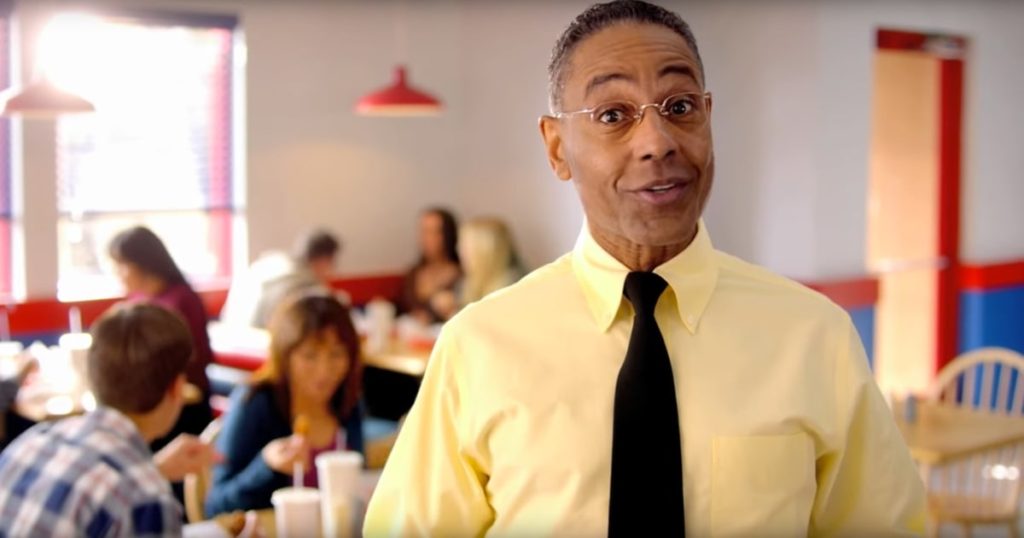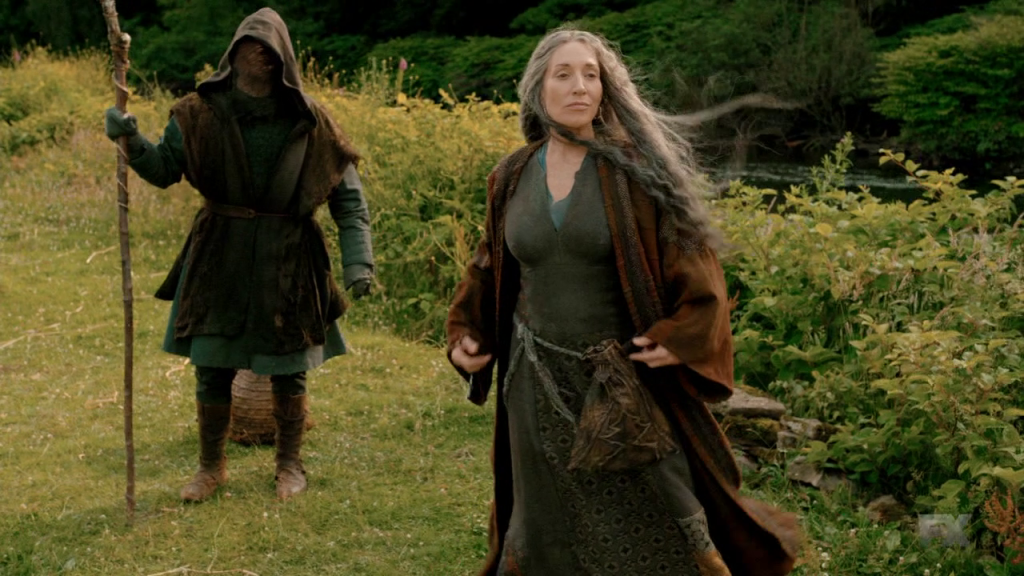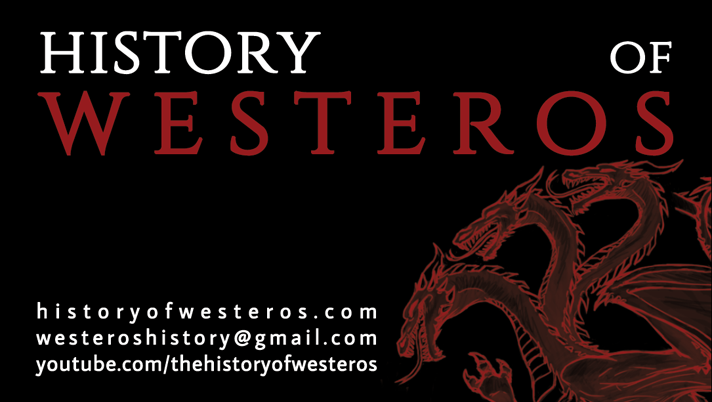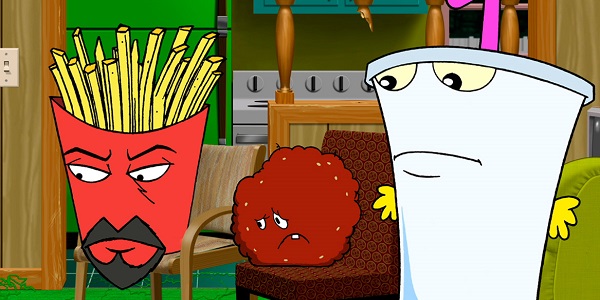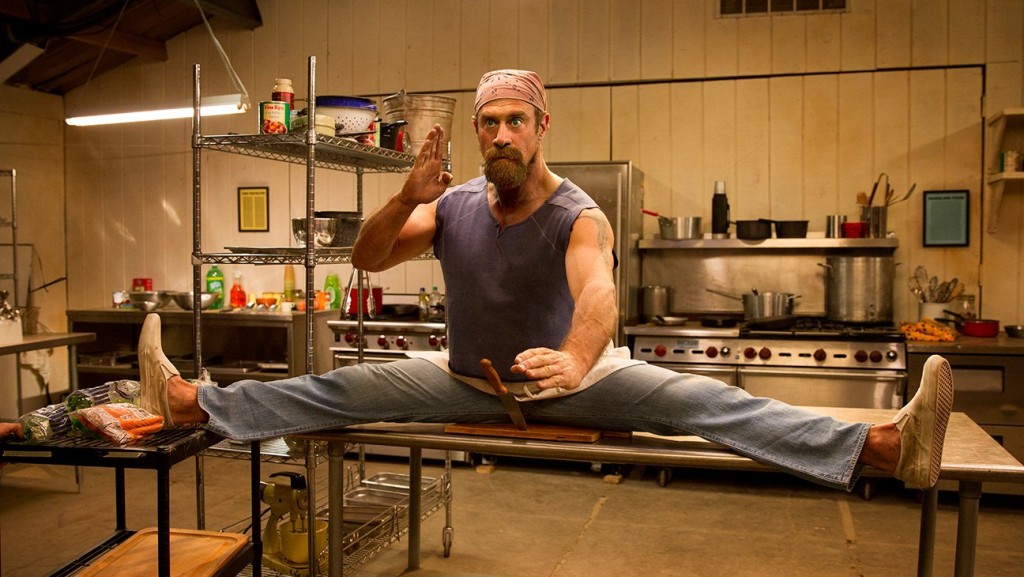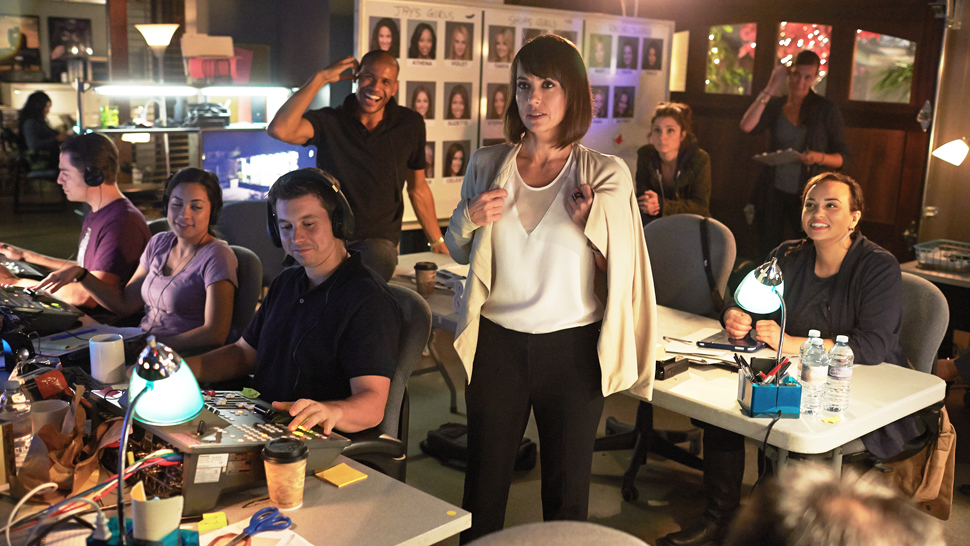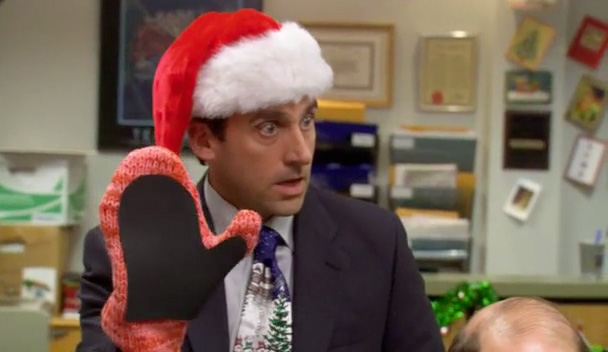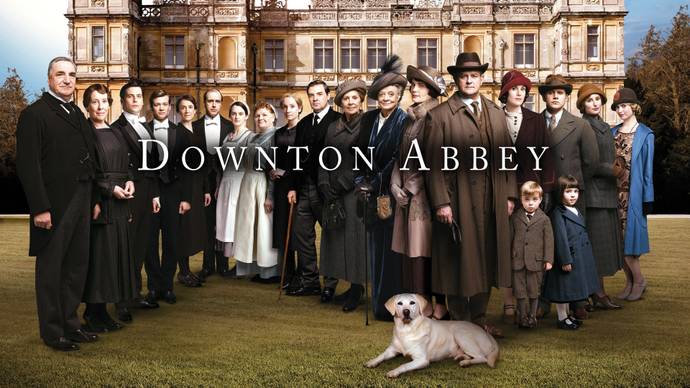Too Much of a Good Fring?
Written by Ian Thomas Malone, Posted in Blog, Pop Culture
Gus Fring is one of TV’s all time greatest villains. Giancarlo Esposito portrayed Breaking Bad’s archvillian with a chill that never cooled his potential for cruelty. It was only a matter of time before the mild mannered fast food chicken/meth tycoon popped up on Better Call Saul. The only question was, when?
Despite its season opening flash forwards and cameos from Breaking Bad characters, Better Call Saul has done a great job establishing itself as its own show independent of its source material. It’s not really a prequel in the conventional sense since Breaking Bad wasn’t really about Saul Goodman’s rise from American Samoa law graduate to Cinnabon manager. Jimmy McGill’s story will inevitably tackle the origins of Breaking Bad, possibly even including Walter White and Jesse Pinkman, but all roads don’t need to lead to baby blue.
Gus Fring’s arrival does not have to change that. Better Call Saul has done a great job letting Mike Ehrmantraut do his own thing when the story doesn’t call for him to share the screen with McGill. The trouble is that Ehrmantraut, however endearing to the audience, is a supporting character. Better Call Saul works with Ehrmantraut crafting elaborate schemes that have nothing to do with Jimmy McGill’s war with his brother because we as the audience recognize how subplots work.
Gus is different. He is Breaking Bad’s closest equivalent to a Buffy the Vampire Slayer “big bad,” who put up one hell of a fight against the heroes before suffering an epic, and gruesome, demise. All eyes turn to Fring when he’s on the screen because he’s supposed to command your attention. Mike may do that because you like him, but that’s not his character’s job necessarily. Gus was crafted to be the man who pushed Walter to his limits, leaving a trail of innocent blood along the way. Mike was crafted to clean up the body of Jesse’s overdosed girlfriend.
Gus’ story can exist independent of Jimmy’s, but it competes for the spotlight in a way that Mike’s never did. Mike offers a breather from the main plot, allowing the HHM story to move at a comfortable, but occasionally sluggish, pace. Gus Fring is a far more interesting character than Saul Goodman/Jimmy McGill. The rise of a meth kingpin will always be more interesting to watch than brotherly squabbles, no matter how fun Michael McKean is to watch.
To some, this might not be a problem. If Gus is more interesting than Jimmy, wouldn’t his addition improve Better Call Saul? Maybe. It’s only been three episodes, but Gus has begun to command the spotlight, as any actor with Esposito’s talent would. This wouldn’t be an issue to mention if it wasn’t for the fact that Better Call Saul was already a great show. The phrase “less is more” exists for a reason.
My big concern is timing. We knew Gus would pop up, but Better Call Saul is only just starting its third season. If BCS follows BB’s run, we’re only a third of the way through the show. If BCS does last six seasons and Esposito stays on the show for the duration of its run, he’ll have been on Saul for twice as long as he was on Breaking Bad. There’s a reason Gus and Mike didn’t stay on Breaking Bad for the duration of the show’s run. As great as they are, they ran out of things to do.
All prequels have to deal with the matter of maintaining dramatic suspense. It’s harder to keep viewers engaged when they know what’s going to happen in the end. This hasn’t been as big an issue for Better Call Saul as say, the Star Wars prequels because Saul and Mike weren’t lead characters. Neither character appeared in Breaking Bad’s premiere or its finale. We can watch last season’s feud between Mike and Hector Salamanca with suspense even though we know both will die eventually because we don’t really know these characters’ relationship with each other.
The same can’t really be said for Gus and Hector. There’s a lot to Gus’ origin story we don’t know about, but it’s hard to imagine anything being half as memorable as Hector killing them both with a pipe bomb, taking half of Gus’ face with them. Gus’ status as a “big bad” makes his presence in the prequel far more complicated.
Which isn’t to say that he doesn’t have a role to play in Better Call Saul. The question of how Saul came to be professionally acquainted with Gus was the thing I was most excited for before the show premiered. Two seasons in, I’m still excited for that moment, but I don’t need to know now. The questions I’m more interested in right now is how the show will utilize Gus for upwards of four years.
Better Call Saul isn’t strictly Jimmy’s story just as Breaking Bad wasn’t just about Walter White. But Better Call Saul isn’t just about setting up Breaking Bad either. There’s a great story to be told independent of what came before. Gus will be a part of that, but he’ll also take away from the story that’s been established over the past two years. Early reports indicated that Saul could wade into Breaking Bad’s timeline. That kind of uncertainty is rare and refreshing for a prequel, but complicated by the presence of the source material’s most memorable villain. We know how that will end, and it isn’t at a Cinnabon.





